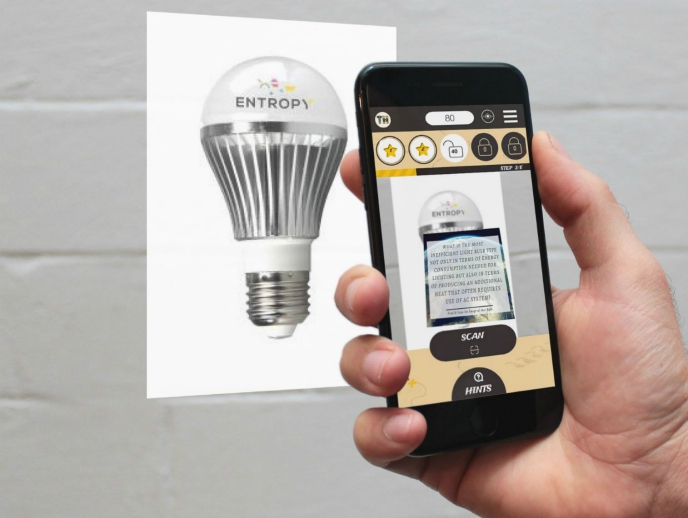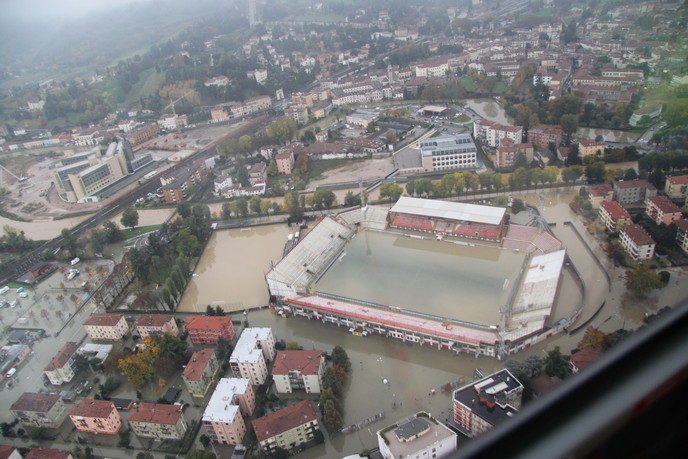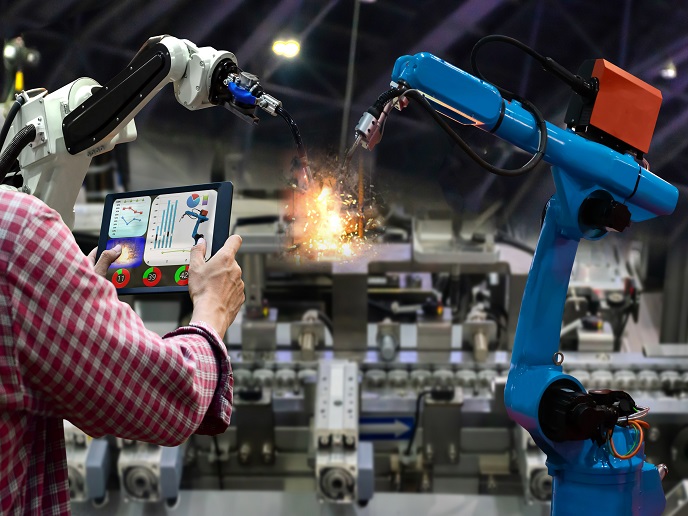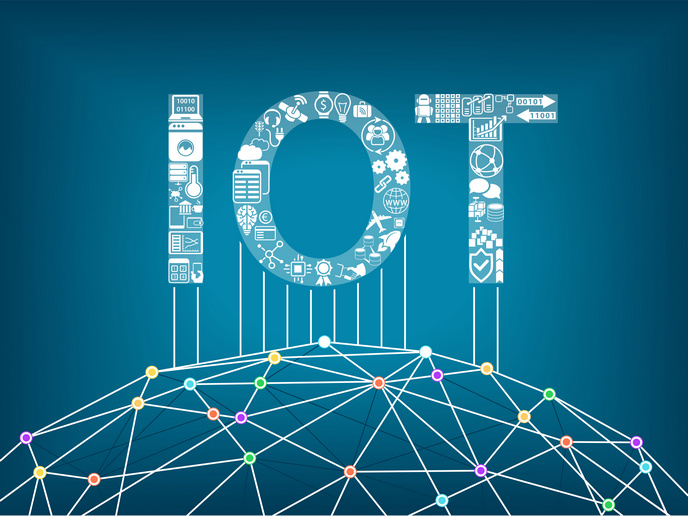Moving towards a world of energy-efficient buildings
Today, the design and development of solutions for reduced energy consumption in buildings is paramount. There is a need for innovative solutions that are based on the adoption of energy-efficient techniques and the active engagement of citizens and occupants.
Leading the way
“The ENTROPY project sought to address this need by building upon the integration of technologies that facilitate the deployment of innovative energy-aware IT ecosystems for motivating end users’ behavioural changes,” outlines Antonio Skarmeta Gómez, project coordinator. ENTROPY’s energy IT ecosystem has done this by taking advantage of an opportunity related to the possibilities of an IoT-based platform, Big Data analytics, personalised recommendations, serious games and their potential in bringing improvement in energy efficiency. “Scientific evidence has shown us that a great deal of energy in buildings was due to inadequate behaviours. We also saw that there was a wave of IoT sweeping over buildings," adds Skarmeta Gómez.
How does it work?
The solution is activated when a campaign manager initiates an energy efficiency campaign through the ENTROPY platform. From there, they specify the building areas and in return receive a set of installed sensors per area. After this, data monitoring systems are triggered and stored in the ENTROPY repository in a standardised way. Upon the collection of this data, a set of services are provided. The campaign manager produces energy and behavioural analytics. Then, based on the analysis of results and the profile of each user, personalised services and messages are sent to each user. End users then use ENTROPY services through a personalised application or serious games on their smartphones. They will receive real-time data from sensors and recommendations for realising energy efficient action.
Key results
“The overall result of ENTROPY is the large amount of savings that could be made when incorporating the solution developed in this project.” ENTROPY also showed how energy waste could be reduced. The developments within this project have led to a variety of results in the years following its end. “New research that will help to create new knowledge in the field has been launched,” outlines Skarmeta Gómez. For one, the coordinator of ENTROPY has received funding for the new PHOENIX project, which is expected to increase the specific mass of the group in the field of intelligent buildings, increasing even further their potential to generate innovation. The project’s know-how in the area of augmented reality and gamification has led to a collaborative effort resulting in funding for the project CONBOTS. Investigating a proposed paradigm shift, the initiative aims to augment handwriting and music learning through robotics. The members of ENTROPY have also formed a plethora of collaborations with other European institutions, thanks to the projection and visibility that the project has given to them with many having published papers in their own groups. “The project has also played a crucial role in the generation of innovation. The group from the University of Murcia has been selected for a spin-off programme which aims at starting the developments for the valorisation of intelligent controls of thermostats,” concludes Skarmeta Gómez.
Keywords
ENTROPY, buildings, energy efficient, energy consumption, behavioural change, IoT, serious games, IT ecosystem, energy waste







